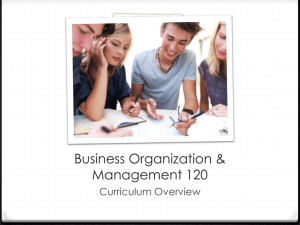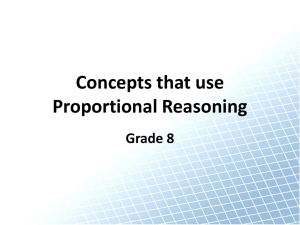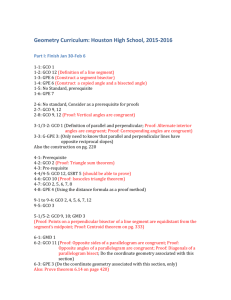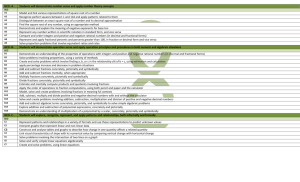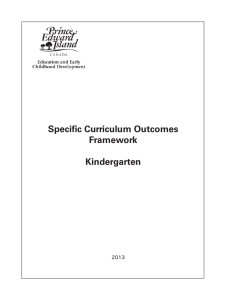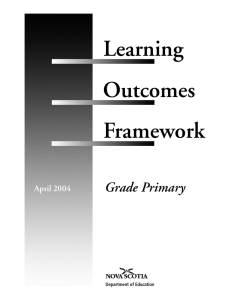The 3 Types of Reading Comprehension Questions
advertisement
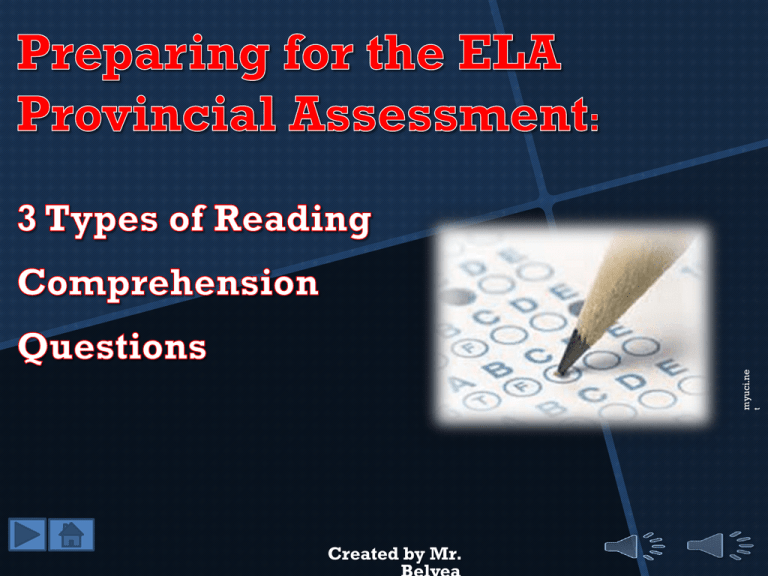
t myuci.ne Created by Mr. 1. Preparing for the ELA Provincial Assessment: 3 Types of Reading Comprehension Questions 6. Literal Response 2. Table of Contents 9. Telling the Question Types Apart 3. Curricular Objectives 4. 3 Question Types 5. Question Type Distribution 7. Inferential Response 8. Personal/ Critical/ Evaluative Response 10. More Tips on Answering Multiple Choice Questions 11. Objectives Revisited GCO 4: Students will be expected to select, read, and view with understanding a range of literature, information, media, and visual texts GCO 5: Students will be expected to interpret, select, and combine information using a variety of strategies, resources, and technologies GCO 6: Students will be expected to respond personally to a range of texts GCO 7: Students will be expected to respond critically to a range of texts, applying their knowledge of language, form, and genre blog.theceshop,com Literal Response (L) Read ‘the lines’. Inferential Response (I) Read ‘between the lines.’ Personal/Critical/ Evaluative Response (PCE) Read ‘beyond the lines’ 50 Questions 35 30 25 20 15 10 5 0 Literal Inferential P/C/E Literal Inferentia l 40 out of 50 Questions require you to Find Evidence hubbard1stperiod-level3.wikispaces.com Answers found in the passage or ‘in the lines’. No thinking, just remembering and/or finding. Underline or circle your answer in the passage. Label your answer with the question number. Match you answer with the choices offered. 20% = 10 Questions www.copyblogger.com Answers need evidence. Thinking required. Find other facts or evidence that point to the answer. Underline or circle your evidence in the passage. Label your evidence with question number. Match your evidence with the choices offered. 60% = 30 Questions Thinking questions; consider your evidence. Different types of opinions: Personal - How you feel about something. Critical - Identify the positive/negative aspects. Evaluative - Consider evidence and decide. All opinions must be supported with evidence Underline or circle evidence and label 20% = 10 Questions kent.ac.uk chronicle.umbmentoring.org Stay focused on the finding the proof or the evidence. L are based on proof, I & PCE are based on evidence. Is the question looking for a fact or an L & I are based on facts, PCE are based on opinions twtrland.com opinion? Notice the names of the questions types have changed, but the process is still the same Try using what you have learned in a practice situation before writing the actual test. With some practice of these techniques, a willingness to try, and your best effort, you will do just fine. GCO 4: Students will be expected to select, read, and view with understanding a range of literature, information, media, and visual texts GCO 5: Students will be expected to interpret, select, and combine information using a variety of strategies, resources, and technologies GCO 6: Students will be expected to respond personally to a range of texts GCO 7: Students will be expected to respond critically to a range of texts, applying their knowledge of language, form, and genre Good You Luck!! can do this ! www.multiple-

